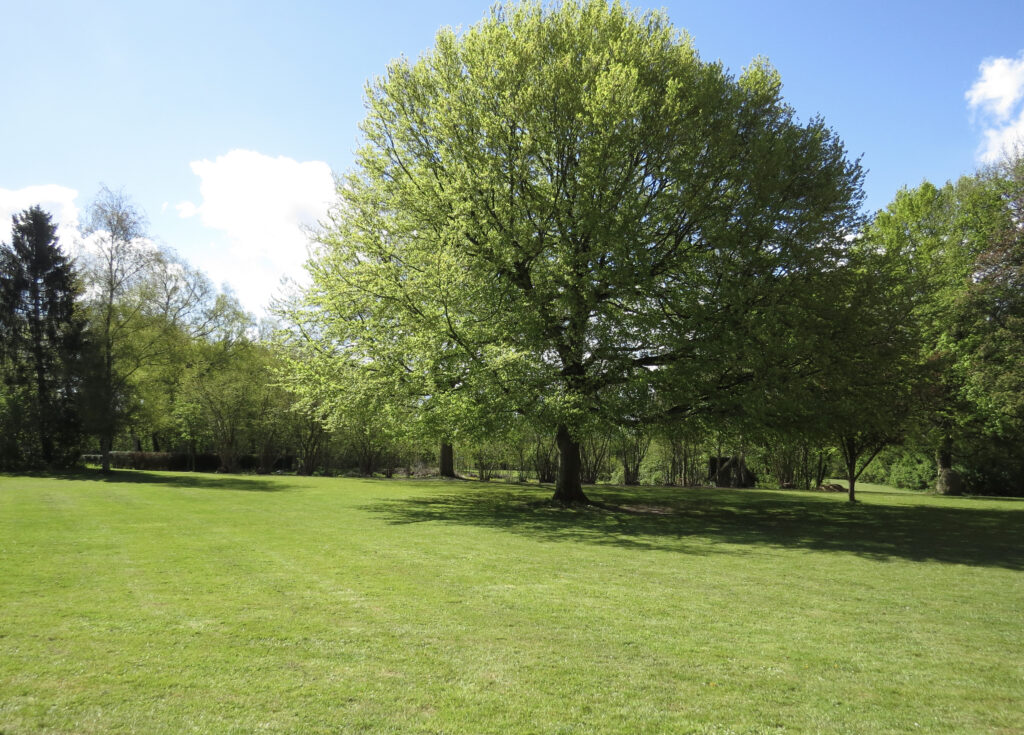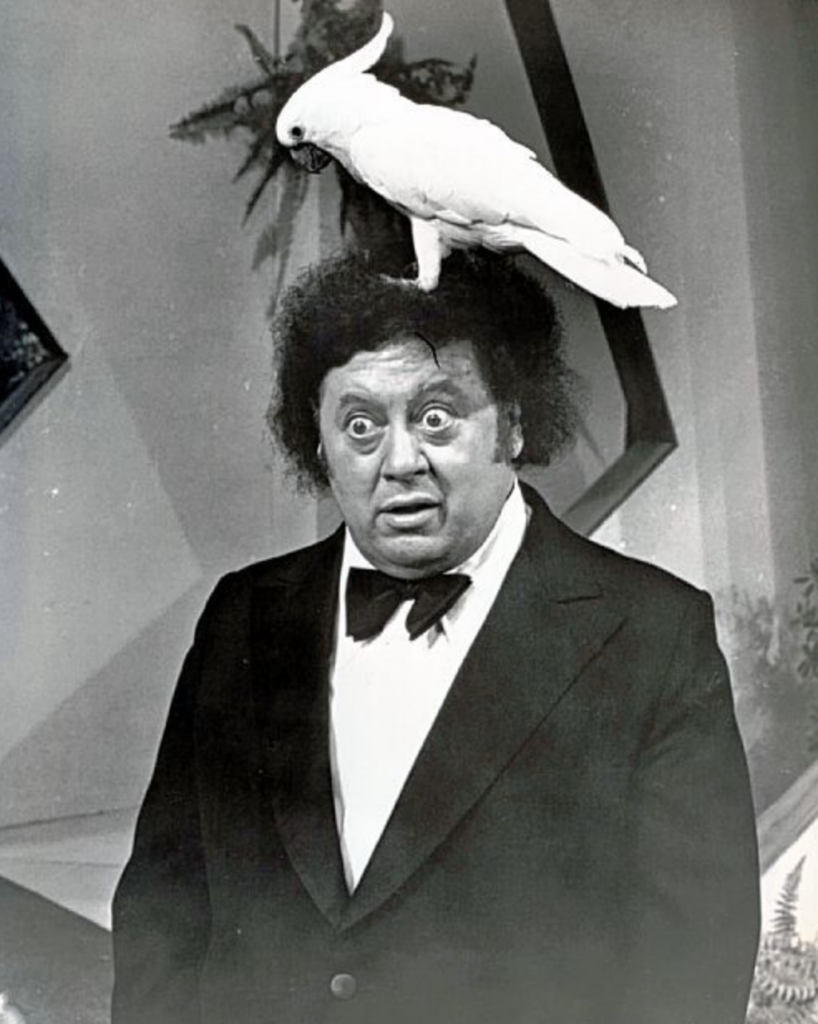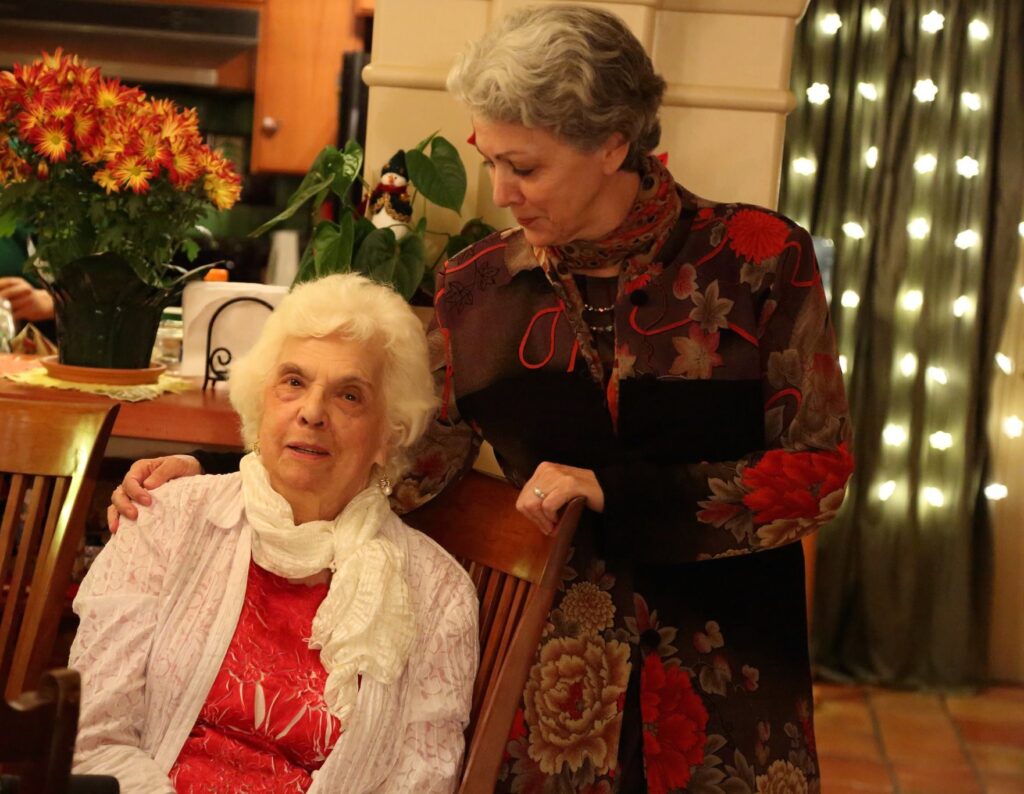One late night my friends dropped me off at home. My house was dark. In fact, all the houses were dark. But I wasn’t tired. I assumed it was around midnight but it was at least an hour later.
I was sixteen, undisciplined and not having the curfew of most sixteen-year-olds, in fact not having any curfew, I decided to walk to the diner.
The diner was open 24 hours a day and there was always someone I knew there. I was surprised when I turned from the dark road to the main, well-lit downtown street and saw the front of the diner empty. I peeked inside the plate glass window and there were a few people inside, but I didn’t know any of them. This never happened before. People always hung out there – in front mostly but inside too. I wondered where everyone was but then I really didn’t realize how late it was.
The diner shown like a giant flashlight on the sidewalk and into the street. I decided to sit on the dark stoop of the building next door and lit up a cigarette.
I was thinking I could really use some entertainment when I noticed someone pushing something down the road. He was in the shadows, under the train elevation. I thought it looked like Moe.
Moe was one of many town characters. He roamed the streets with a formidable old time baby carriage, collecting anything that piqued his fancy or that he thought he could sell. I never spoke to Moe. He rarely made eye contact. But I remember seeing him one sunny day pushing the carriage, loaded down with perfectly balanced two by fours. He was so proud of this accomplishment that he looked at me with pride and smiled. I nodded and smiled back, very impressed with his feat.
But word on the street was that Moe had passed away a couple of weeks prior. Also, I never saw Moe at night.
Then the figure emerged from under the elevation and into the light. As he moved closer, I recognized Mickey, another one of the many town characters. But what was he pushing in front of him? Oh, a fold up bed with a few things poking out – a sheet, a picture frame, a book?
Mickey pushed the bed into a parking spot directly in front of the diner.
“Hey, Mickey, what’s going on?” I asked.
He said, “Me and my father got kicked out of our apartment. We split his money. I took my things, he took his, and we left.”
Mickey’s brain was often referred to as fried. People said he’d dropped too much acid. I don’t know, but he was mentally and financially challenged. They’re often synonymous.
Mickey went into the diner. A few minutes later, the owner walked him to the door. Ordinarily, she walked him to the door yelling for him to get out, but she was laughing, happy, and patted him on the back as he left.
Mickey and the diner owner were enemies. She had her own disability – greed.
Mickey had a roll of quarters, and I understood her sudden glee and comradery. She shortchanged him. He exchanged a ten-dollar bill for a roll of quarters that I’m sure was at least one or two shy.
Maybe you’d think such a small amount to cheat someone out of wouldn’t be a cause for glee, but all the regulars were keenly aware of her obsession. In fact, that’s why she hated Mickey. He rarely had money. He often came into the diner defiantly and sat down. He’d drink the glass of water placed in front of him and peruse the menu. Then when he didn’t order anything, she’d yell at him and throw him out. On rare occasions, he’d order something so she glared at him until she knew which it would be. Throw him out or cheat him out of some small change. It was a game he enjoyed. Keeping her guessing, I mean. I don’t think he noticed when she cheated him.
Mickey put a couple of quarters in the meter of the spot where he “parked” his bed.
“What are you doing, Mick?” I asked.
“I’m going to live here.” he replied with a sort of Snidely Whiplash smirk.
The diner owner must have been watching and listening by the door. “You get that junk out of here!” she screamed.
“It’s my spot! I paid for it!,” he yelled back.
She fumed back inside.
A few minutes later a police car slowed. They were familiar with both Mickey and the diner owner. They stopped and the driver rolled his window down. “Hey, Mick, what are you doing?” he asked, a bit annoyed.
“I got kicked out of my apartment. I’m going to live here in this parking space.” He replied.
The diner owner was raving mad and started screaming. The officer ignored her and spoke to Mickey. “I’m sorry, Mick, you can’t live here. Stay as long as you want but if you open that bed, we’ll have to arrest you.” he said. He and his partner laughed as he rolled his window up and drove away.
The diner owner, in a huff, went back in, undoubtedly to see if she could cheat anyone who might be a bit tipsy out of another quarter – or dime – or nickel. The street was quiet again.
A minute later a small truck came by and stopped across the street. The driver jumped out and pulled four or five pallets of bread out of the back. He stacked them up in front of the door of the small A&P.
I was about to get up and leave when I noticed someone staggering toward us. Henry was well dressed and a gentleman. I’d seen him before and we had mutual friends, but I didn’t know him. My imaginative impression was that Henry lived in another town where he was well respected and came to this town where none of his respectable friends knew him. He could get drunk here and none would be the wiser.
Henry greeted Mickey. That was a surprise to me. I hadn’t pegged him as someone who knew the local characters. He hung on him while they talked for a couple of minutes. I couldn’t understand what they said to each other but suddenly Henry started singing, and then he pulled Mickey’s bed into the middle of the road as a dance partner. He sung and whirled around gracefully for a few minutes until he went dizzy.
Mickey watched, visibly anxious.
Henry popped a latch on the side and the bed flew open in the middle of the street. He staggered over to the pallets in front of the store and took two loaves of bread, threw them onto the bed and collapsed on top of them.
Mickey panicked. The bed was open! He stole bread!
The diner owner was watching and as soon as the bed was opened, she phoned the police. They must have been right around the corner because they arrived in a minute.
They didn’t arrest Mickey but told him he’d have to move on. Henry got up. They folded the bed, (bread and possessions inside), and the two of them pushed the bed down the street and out of sight.
The diner owner retreated, smug in her victory.
I got up, wiped the dust off my jeans, lit another cigarette, and walked back home.


